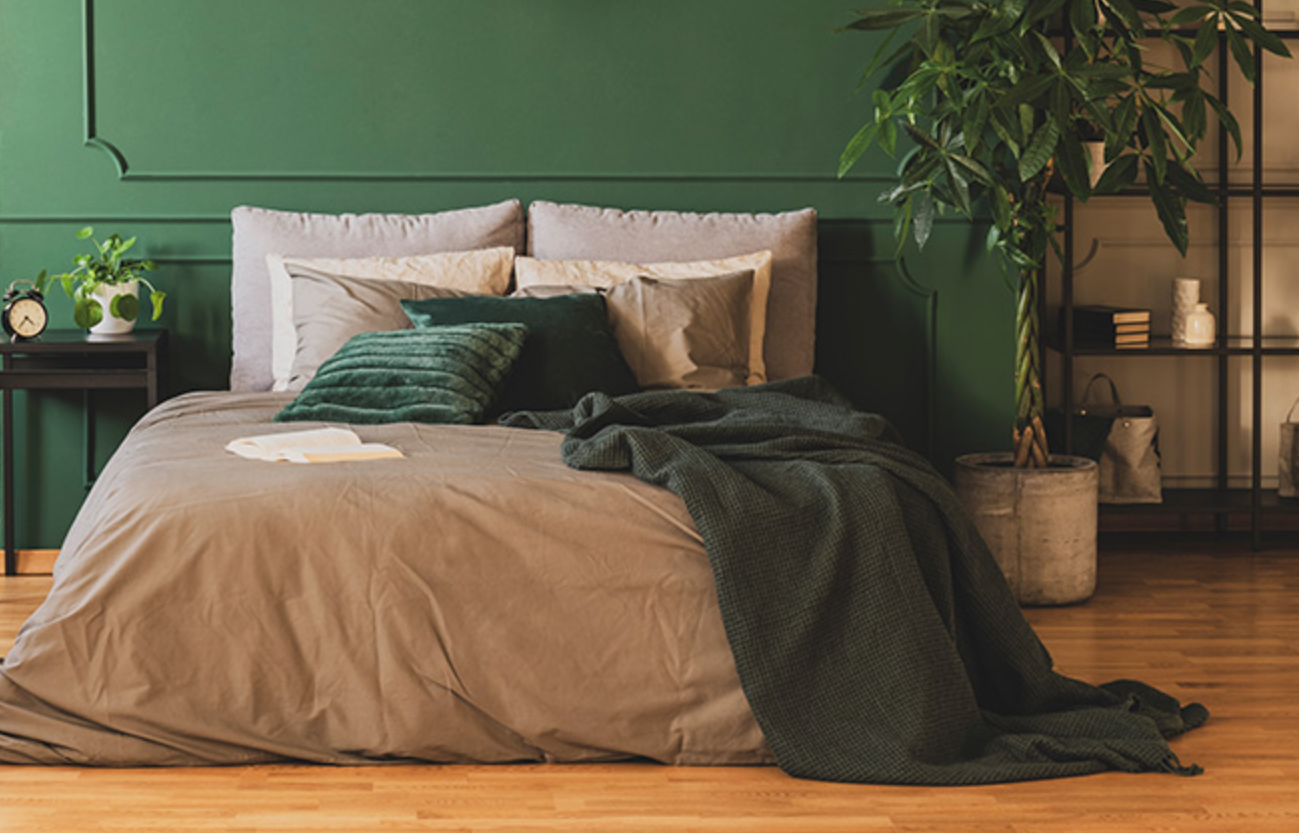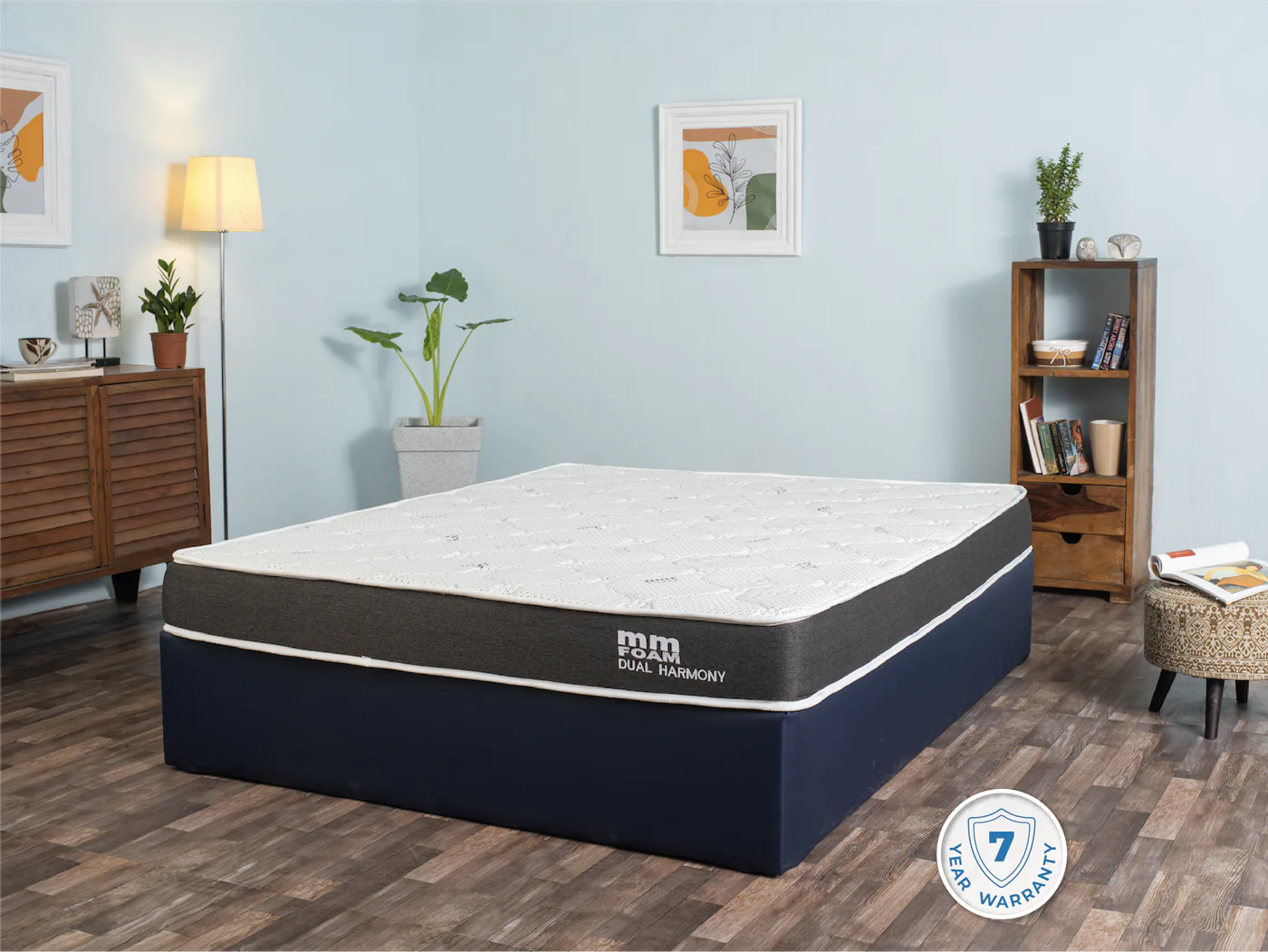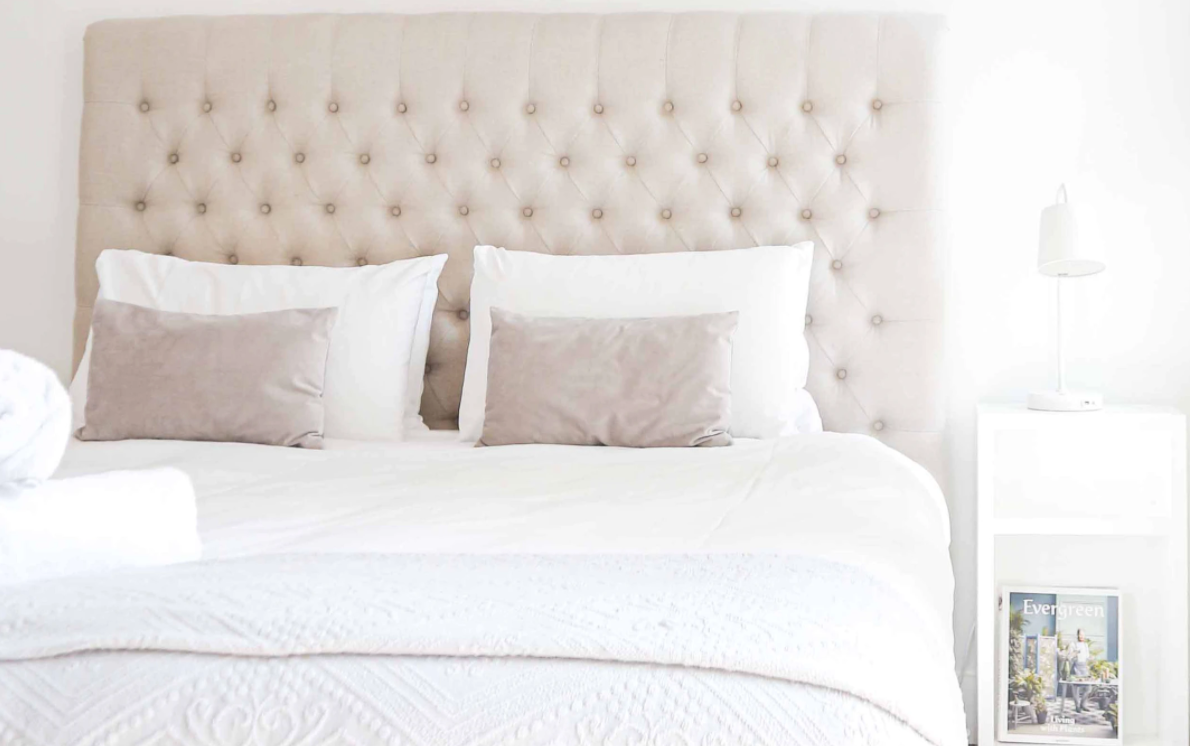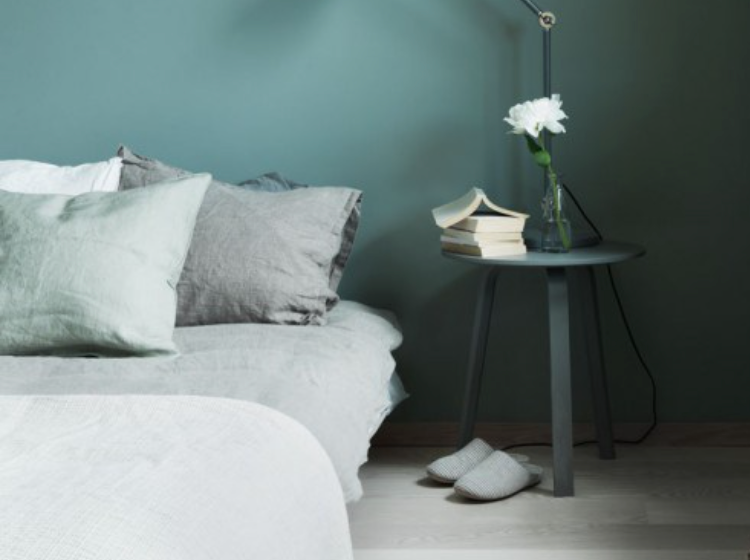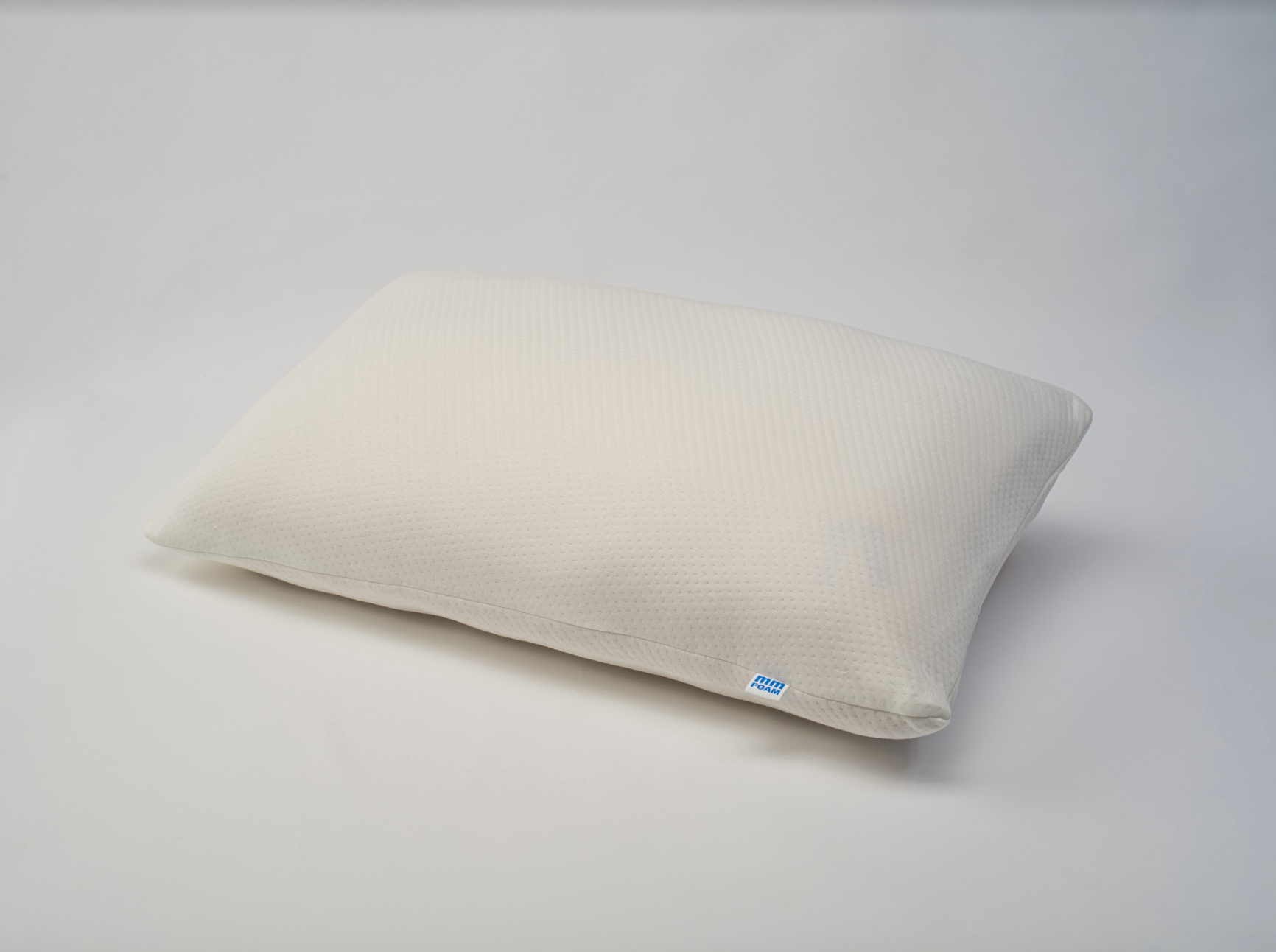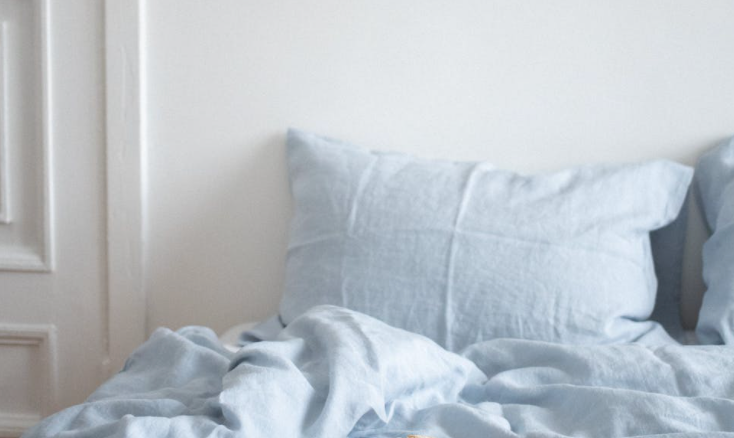Your cart is empty
Looks like you haven't added anything to your cart yet

The Effect of Blue Light on Sleep
What is ‘blue light’? Should you be worried about its effects on your sleep? We answer it all in today’s article - Link in Bio
What is Blue Light?
Before we dive into what effect blue light can have on your sleep, let’s clear the air about something - What is Blue Light?
A light source produces different wavelengths of light and this is known as the light spectrum. The light spectrum consists of UV, Visible and Infrared light. The Visible Light spectrum is the only part that can be detected by the human eye, and within this spectrum, the part that is of a shorter wavelength and of higher energy is called ‘blue’ or ‘high energy visible’ (HEV) light.

Sunlight is a natural and the biggest source of blue light. Artificial sources of blue light include LED and fluorescent bulbs, and digital screens - TVs, phones, tablets etc.
How Does Blue Light Affect Sleep?
As we mentioned in our last article, sunlight plays an important role in regulating our sleep cycle, but the timing and amount of exposure to it is important. Like with anything, too much of a good thing can be bad.
The problem today is that our digital devices - whose screens are a source of blue light - have become such an integral part of our lives that we are usually interacting with them the entire day and sometimes (or in some cases, often) up until the moment we fall asleep.
When we are exposed to blue light around bedtime, it can suppress melatonin production and get in the way of us feeling sleepy. Another problem is that the human eye is not very good at blocking blue light, resulting in strained eyes and headaches when we have too much ‘screen time’, which can also prevent us from falling asleep.
If the only blue light we were exposed to was the sun, our body would take its cue from the setting sun and begin to move into ‘relaxation’ and ‘sleep mode’ as part of our natural sleep-wake cycle. But exposure to artificial blue light - lighting and digital devices - after the sun has set can be disrupting and confusing to the body’s natural clock.
This artificial blue light exposure is one of the main reasons people around the world suffer from sleep problems today.
The solution is simple - be conscious about how much blue light exposure you’re getting for the couple of hours leading up to your bedtime and take steps to reduce it. In our next post we’ll highlight some more tips on reducing your blue light exposure, so that you can begin to sleep better and #WakeUpPositive day after day!
- Choosing a selection results in a full page refresh.

